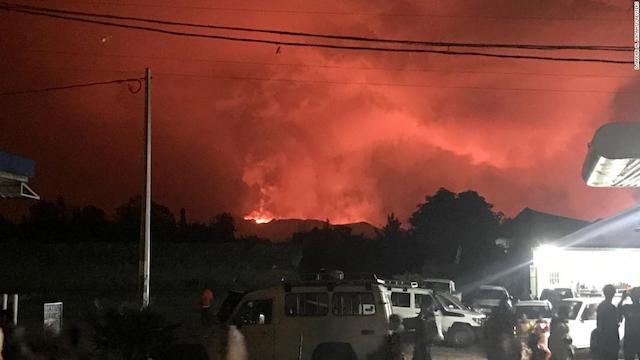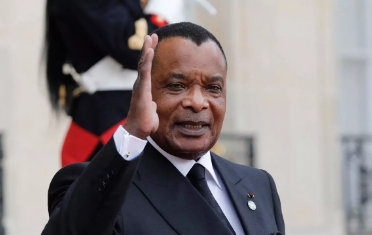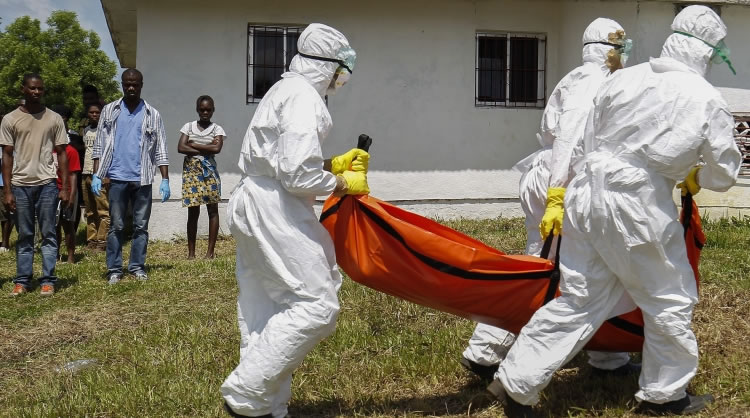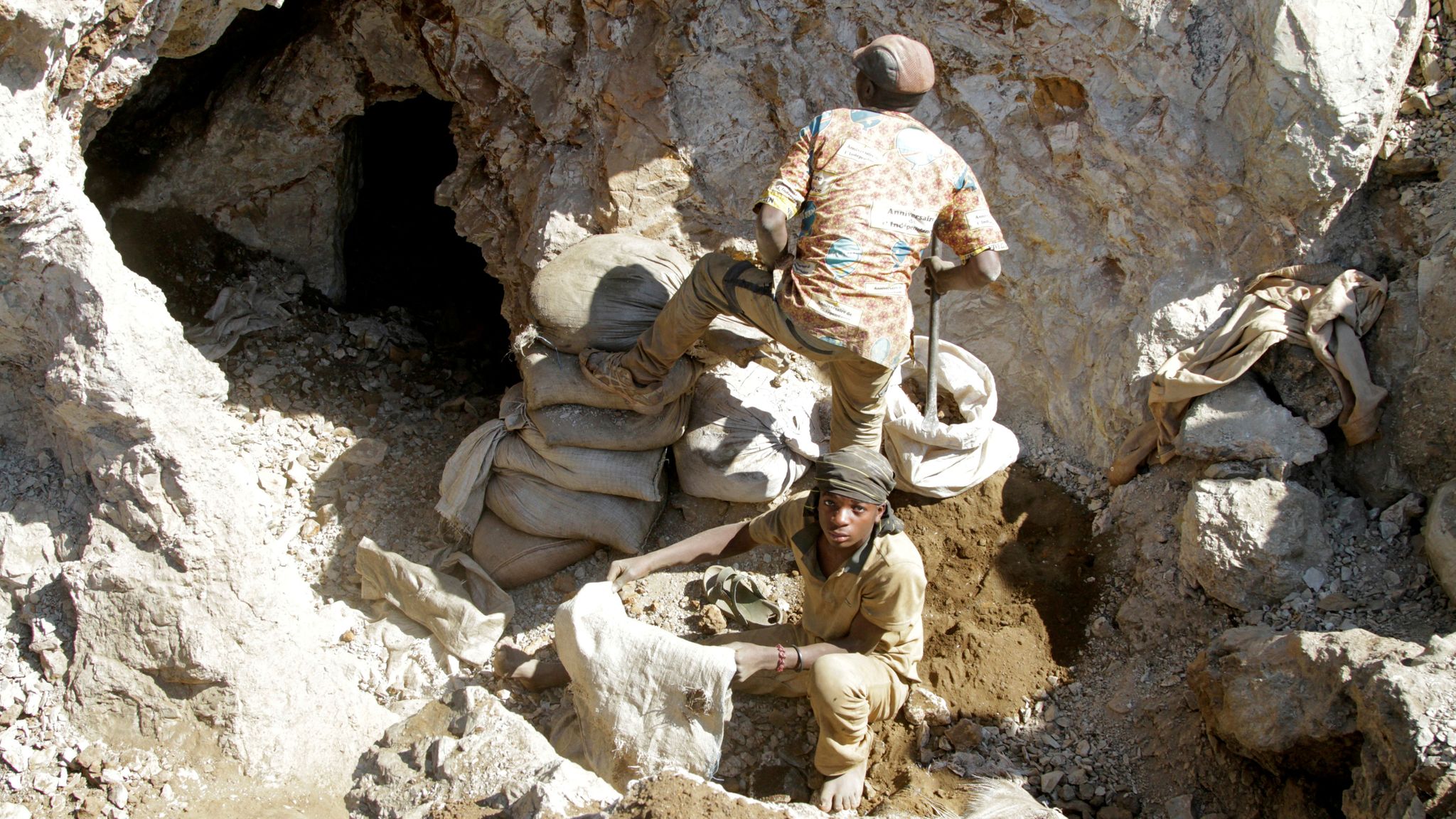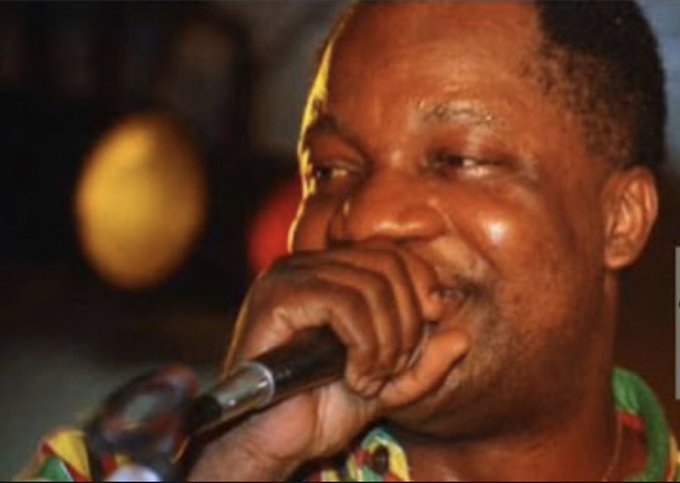Belgian King Philippe, Queen Mathilde and Prime Minister Alexander De Croo paid a six-day visit to the Democratic Republic of Congo, DRC, from June 7, 2022 on what should have been a pilgrimage of repentance for some of the most unspeakable atrocities ever visited on humanity.
King Philippe should have bowed his head in shame, be remorseful and apologised for the genocide the Belgian Monarchy visited on the DRC, the follow up brutal colonialism and subjecting the Congolese and by extension, the African to some of the most outrageous treatment of a people in human history.
Rather he came, magisterially strutting about, speaking condescendingly and of course, being too arrogant to offer a simple apology. This is an indication that he is not sorry for the devilish actions of his forebears, and may like his younger brother, Prince Laurent, actually exonerate the monarchy from the crimes committed against a peaceful, defenceless population. The DRC has since 1885 been visited with four stages of Belgian-induced calamities from which the country has until today, not recovered.
The first and most benumbing was the country’s seizure of the DRC in 1885 by King Leopold II, the brother of King Philippe’s great great grandfather, under whose rule, fifteen million Congolese were murdered. This is the highest known figure of genocide in world history. Even in the lunatic Nazi Holocaust against innocent and defenceless Jews, the highest estimated casualty figure is six million.
Yet until today, the Germans show remorse, paid reparation, teach their children that there was no excuse whatsoever for such atrocities and that everything must be done to ensure genocide never occurs again. In contrast, the Belgians show no remorse, would not apologise, pay no reparation, make excuses for the genocide, do not teach this part of their history in schools and have not campaigned against a possible repeat of genocide.
The second cataclysm Belgium visited on the DRC was its follow-up 52-year brutal colonialism during which amongst other crimes against humanity, it in the 1940s and 1950s, seized by force, thousands of mixed race children known as métis and transported them to Brussels allegedly to be fostered.
The third tragedy occurred within three months of independence when Belgium in collaboration with Britain and the United States organised the overthrow of the Lumumba government. Prime Minister Patrice Lumumba, without any trial, was subsequently tied to a tree in the Katangese forest and executed by Belgian security forces. After his execution in January 1961, the Belgian officers decapitated his body, soaked it in acid and buried it in an unmarked grave.
A Belgian Police officer, Gérard Soete, before dissolving the Congolese Prime Minister’s remains in sulphuric acid, took two of Lumumba’s teeth and several of his finger bones as ‘hunting trophy.’ Thirty eight years later, Soete addressed the Belgian press to talk glibly about his role in the murder, mutilation of Lumumba and the body parts of the African Head of State he has kept as trophy.
Since in the eyes of Belgium, Soete was carrying out a patriotic duty, he was never charged. Buoyed by the awareness that her father was seen as a hero, the international criminal’s daughter, Godelieve Soete in 2016 held a press interview during which she displayed one of the two teeth of Lumumba her father had kept.
It was when an international outrage followed that Belgian authorities raided Soete’s house and retrieved the tooth Ms Soete had displayed. But there is no talk about the second tooth.
When last week, King Philippe visited DRC, he did not bring Lumumba’s recovered tooth. Rather, he brought a Congolese mask, one of more than 84,000 DRC works taken or stolen by the Belgians during colonialism. The Belgians do not intend to return these stolen works, rather their Parliament wants to legislate for their restitution on a case-by-case basis. Imagine the centuries this may take! Even the mask the King brought is not really a return to its rightful owners, but an “indefinite loan.” Imagine people in possession of stolen property, loaning them to the owners.
The third calamity that befell the DRC through the instrumentality of Belgium and its Western collaborators, was the 1965 installation of Joseph Mobutu, later named Mobutu Seseseko who in 32 years of Belgium-like bestial rule, ran down the country. The fourth atrocity is the post-Mobutu era where mainly Belgian and Western countries continued the looting of DRC’s natural resources resulting today in the citizens of one of the most naturally endowed countries in the world, being the second poorest.
Also, the colonial splintering of the country induced by Belgium, continues today with the DRC having over 200 armed groups. When the Europeans and Americans converged in Berlin in 1884/85 and carved up Africa as colonies, they gave King Leopold II the 2,344,885-kilometre DRC as his own share of the booty.
To run what he considered his personal estate, he established his private African army called the Force Publique (Public Force). He then announced that he was on a humanitarian mission. To prove this, he pushed the powerful Muslim slave traders out of the Congo. He then began the systematic looting of the Congo in the most bizarre and bestial manner imaginable. This included the execution of children where their parents could not meet the quota set by his agents. In many cases, the hands and limbs of Congolese were severed. The Belgians in the 23 years Leopold II ran the DRC killed an average 652,000 Congolese annually; 54,347 monthly or 1,811 Congolese every day!
To be sure, all European colonialists carried out unspeakable atrocities in Africa. For instance, while the Belgian King was busy in the DRC, Germany through starvation, mass drowning, gassing and forcing populations into the desert without food or water, was virtually wiping out the Herero and Nama people of Namibia. But such crimes against humanity were a child’s play compared to those of Belgium, so much that other European colonialists collaborated in 1908 to force Leopold II out of the DRC and get the Belgian government to formally colonise the country.
King Philippe refused to apologise for the Belgian crimes perhaps because he agrees with his brother, Laurent, that Leopold was not responsible for those crimes: “because he never went to Congo”. That did not mean he did not line his pockets and stuff the Belgian treasury with looted Congolese wealth.
He may also concur with former Belgian Foreign Minister Louis Michel who in 2010 declared Leopold: “a hero with ambitions for a small country like Belgium”. King Philippe may also believe in Rudyard Kipling’s 1899 poem justifying colonialism as “The White Man’s Burden” to bring civilisation to the colonised whom he described as “Half-devil and half-child.”



